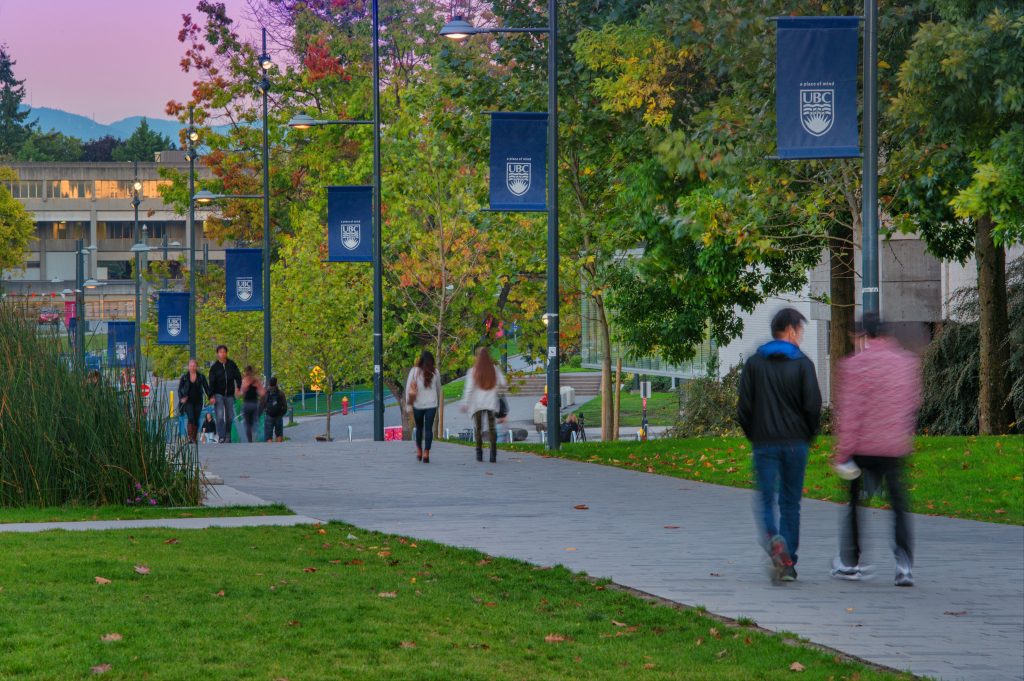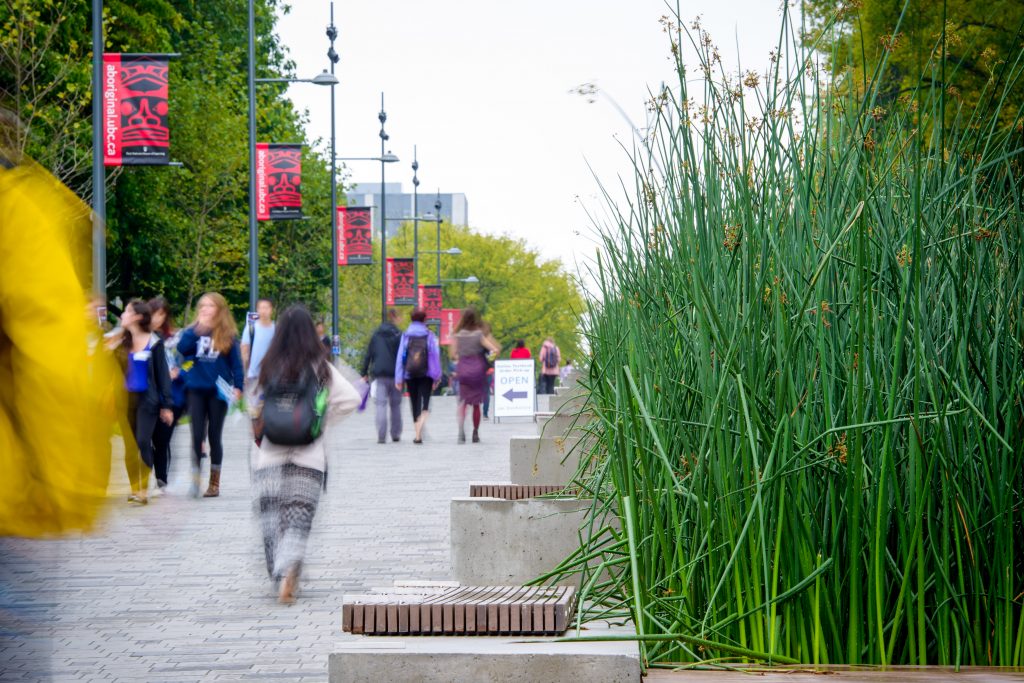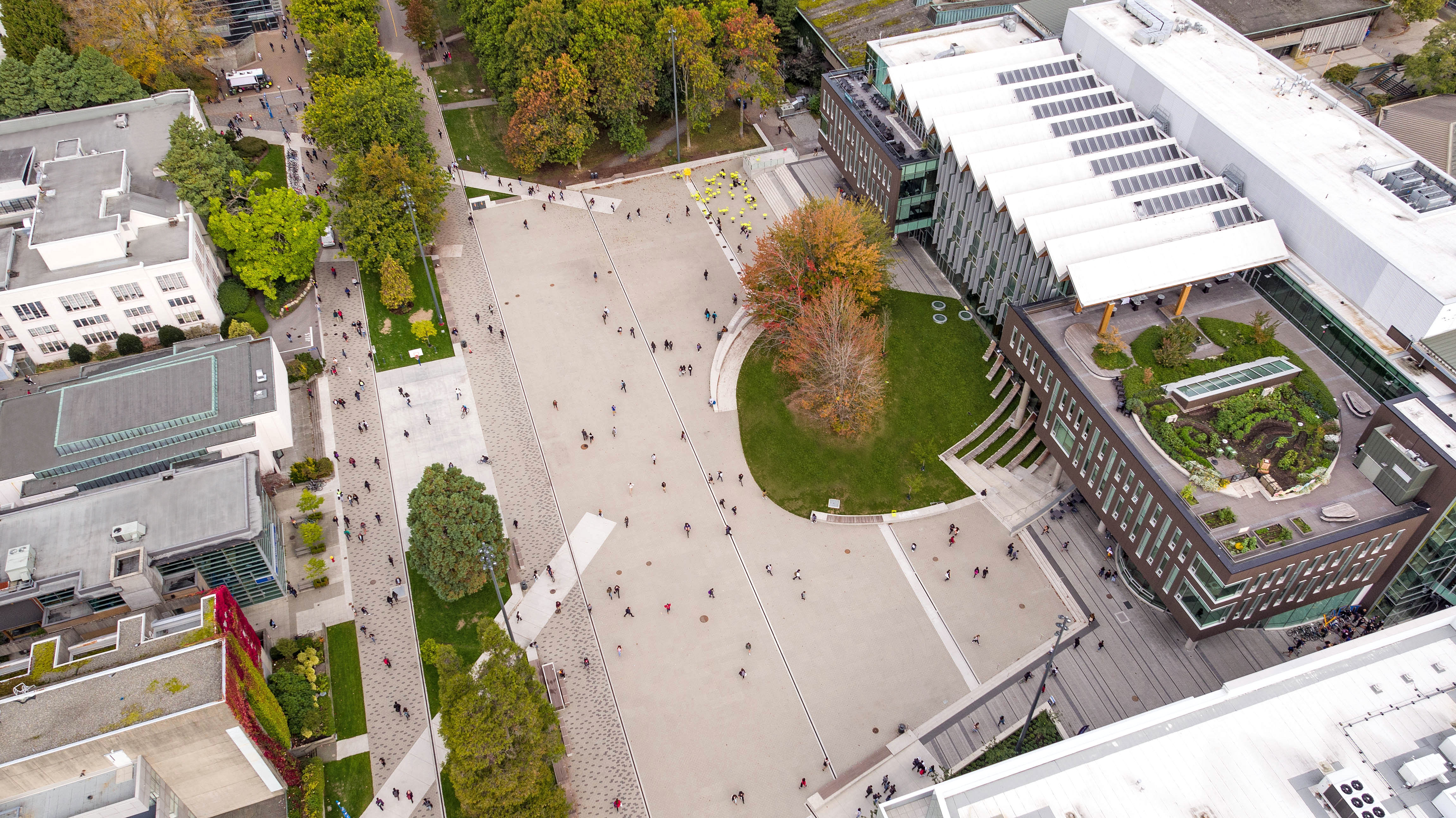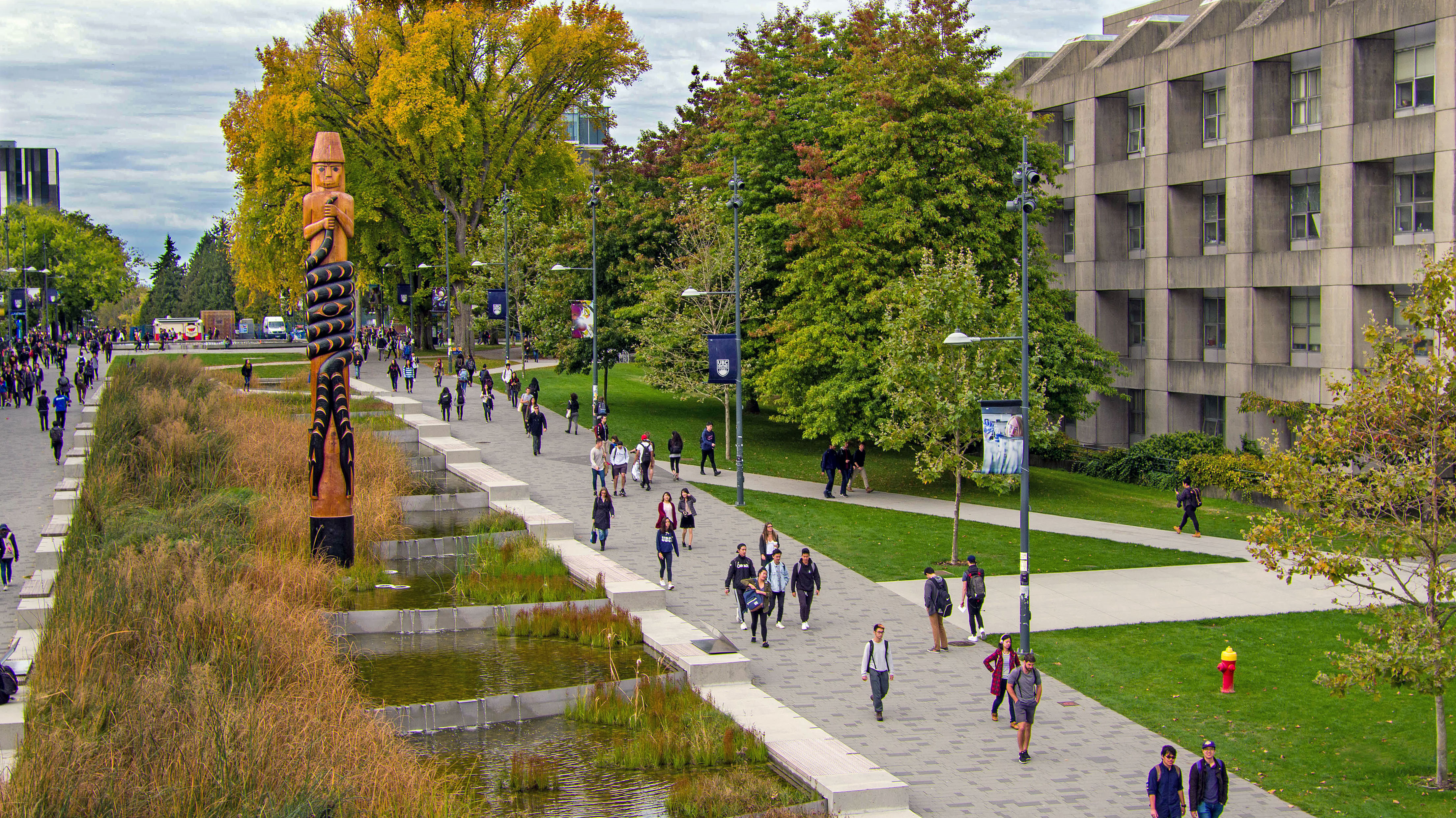We get a lot of questions about what to study prior to applying to the Entry-to-Practice program in order to set yourself up for success in pharmacy. You will need to complete the pre-requisite courses but outside of that, there’s no one right answer!
We’ll be sharing some of our student’s experiences with their previous majors in upcoming posts, and learning how they translate to success in pharmacy school. In today’s guest post, second-year pharmacy student Karen Teng is sharing her perspective as a psychology major:
Prior to entering the Entry-to-Practice PharmD program at UBC Pharm Sci, I majored in psychology at the Faculty of Science at UBC. (Other names used to refer to this major include biopsychology and behavioural neuroscience. Recently, the Faculty of Science officially changed the major to “behavioural neuroscience”, but the curriculum hasn’t changed.)
Studying psychology within the Faculty of Science differs significantly to the psychology curriculum in the Faculty of Arts. As the name “behavioural neuroscience” suggests, this major emphasizes the biological aspects of behaviour. We studied a combination of psychology and neuroscience in order to better understand human behaviour.
As a new UBC Science student, I was caught off guard to learn that we had to choose our major of specialization at the end of that first year. At the time, I honestly had no idea what to major in. I was pondering the list of science majors and psychology caught my attention. I was quite intrigued by the idea of studying the biological basis of behaviour and learning more about the nervous system and brain.
What made studying psychology in the Faculty of Science unique was our program size of 40 students. Quite a change after a year of being in classes with over 200 students! I had many opportunities to get to know my classmates over the next 3 years.
I really enjoyed how flexible the psychology major was. I took a wide variety of courses, exploring different topics and fields and aspects of biology. Courses ranged from studying the psychological aspects of human sexuality to sensory systems to drugs and behavioural neuroscience. It was fascinating and I learned that when you enjoy something, you’ll end up doing well in it!
My previous major in psychology has proved highly relevant to pharmacy school. It equipped me with a strong background in neurochemical systems and neuroanatomy as well as understanding things from a biopsychological, behavioural and psychosocial perspective.
One month into pharmacy school and we were diving straight into anatomy and physiology of sensory pathways and perception. It can be quite overwhelming to learn about the brain and nervous system, especially having to recall the cranial nerves from I to XII. I was lucky enough to have learned it in the past which made it much easier to follow. Also, learning about different hormones, neurotransmitters and receptors has greatly benefited in my understanding of how certain drugs work in the body.
We also learned about mental disorders in psychology, which will greatly support my learning during the psychiatry module in 3rd year. This is the module that I look forward to the most as I will have the opportunity to explore it from a pharmacist’s perspective.
Pharmacists and psychologists share many similarities in practice. You need to understand your patient without making assumptions, and help to support and optimize their health. For example, a patient may be non-adherent to their medication for many reasons. As a pharmacist, you need to understand the factors leading to their behaviour, and different aspects of their behaviour, as well as the cycle of change.
– Karen Teng, second-year Entry-to-Practice PharmD student


 Follow
Follow








